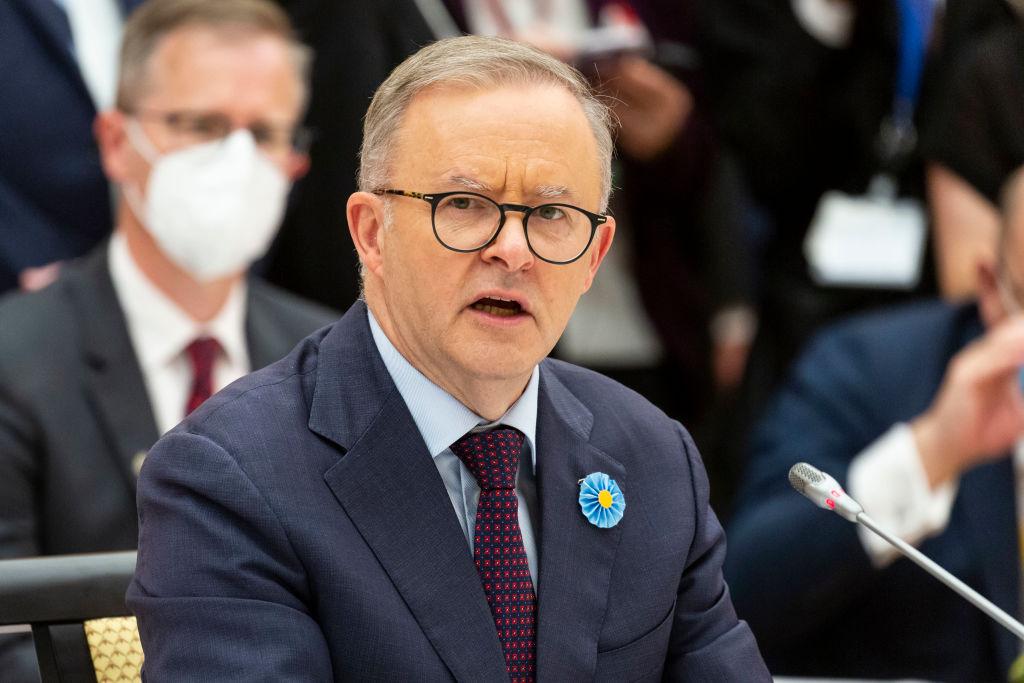New Australian Prime Minister Anthony Albanese has called on Beijing to drop its coercive trade restrictions before considering a reset of bilateral ties.
“It is China that has imposed sanctions on Australia,” Albanese told reporters on June 13. “They need to remove those sanctions in order to improve relations between Australia and China.”




